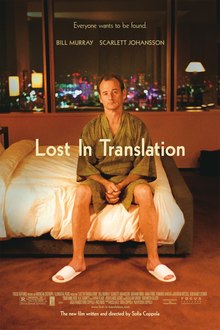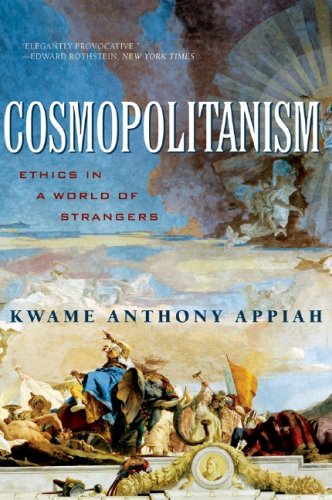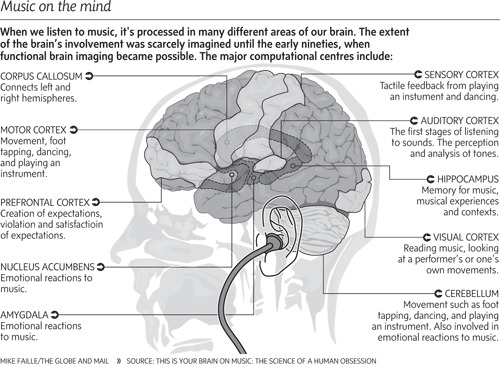--Henry David Thoreau, Walden, Chapter 1
“I went to the woods because I wished to live deliberately, to front only the essential facts of life, and see if I could not learn what it had to teach, and not, when I came to die, discover that I had not lived. I did not wish to live what was not life, living is so dear; nor did I wish to practise resignation, unless it was quite necessary. I wanted to live deep and suck out all the marrow of life, to live so sturdily and Spartan-like as to put to rout all that was not life, to cut a broad swath and shave close, to drive life into a corner, and reduce it to its lowest terms, and, if it proved to be mean, why then to get the whole and genuine meanness of it, and publish its meanness to the world; or if it were sublime, to know it by experience, and be able to give a true account of it in my next excursion.”
--Henry David Thoreau, Walden, Chapter 2
Prompt: After reading the following quotes, write your final blog post of the year synthesizing your responses to Into the Wild, Lost in Translation, Cosmopolitanism, The Global Soul and “Planetary Culture” with the wisdom of Thoreau. Follow the permanent standards for blog posts and you must reference directly all three readings in your post. Other than that, the content of the post is up to you, but I have provided some guiding questions below which you must read and be prepared to discuss even if you do not use them in your post. Enjoy!
Prehistoric hunter-gatherers encountered fewer people in a lifetime than we would on a single day walking down New York's Fifth Avenue. We live in a world where our most trivial deeds can affect unknown millions on the other side of the globe. In “Cosmopolitanism” by Kwame Anthony Appiah, he proposes two principles to enable us to cope with this situation. We are, he asserts, responsible for every other human being. His second principle advocates "universal concern and respect for legitimate difference".




Watching the movie "Into the Wild", I felt like I could strongly relate to Chris' (or "Alexander Supertramp's") view on society and need to escape and find himself in the woods. About 5 years ago, my immediate family and I embarked on a life-changing journey, in which we enrolled in a home-schooling program and hit the road, trading in our 3200 square foot mansion in the suburban town of Anthem, Arizona, for a 300 square feet mobile home. That two year RV trip taught me more things about life than could ever be taught in any class or lecture. I found my love for a simple and unpretentious life, and living with less stuff made my life easier and happier. In “The Global Soul” by Pico Iyer, he finds Buddhist anti-materialism more realistic than the American pursuit of happiness, a preference dramatized when a firestorm destroys his California home turning it into a burning house; a Buddhist symbol of freedom from possessions. Chris feels this way of trying to escape the American mentality of “bigger is better” and focusing on the natural joys and gifts he receives from God. The way Chris feels when to the extreme, thinking he does not need even human relationships to be happy. On the other hand, I feel as if human relationships and sharing your life with special people is the key and source of happiness. As stated by Chris, “I will miss you too, but you are wrong if you think that the joy of life comes principally from the joy of human relationships. God's place is all around us, it is in everything and in anything we can experience. People just need to change the way they look at things.” In the end, however, Chris came to find that “happiness only real when shared.”

Iyer analyzes the global soul: to want to be at home anywhere in the world. Snyder suggests the possibility of a planetary culture: devoid of nations and national identities. Appiah prescribes a method for us all to get along: conversation. I agree with all of these ideas; before reading these essays and philosophies, I felt as if, like Appiah, getting along could just mean getting to know one another. So many times, people hate each other for no reason, their thoughts made up of preconceived ideas and stereotypical opinions of people they do not even know. If people would just converse and get to know one another, one might find out that the person they thought was one way could be exactly the opposite.
I feel like I am a global soul; I have “lived” so many different places for as little as one week while traveling in the RV and have felt at home for every second. However, I always needed a “constant variable”, if you will. My family was always there while we were traveling; I feel as if journeying alone would be a much more inauspicious however as well as more evocative. To me, a global soul is one who can adapt to diverse and unique languages, cultures, foods, and experiences, no matter where they are. Charlotte and Bob adjusted to the culture of Japan; however they had a common variable with them, which was the ability to speak English. As Alex/Chris did on his journey to Alaska, he lacked a human connection, as talked about above. However, having someone with you on a trip or being with someone does not always mean one does not feel comfortable. In “Lost in Translation”, Charlotte was with her husband in Tokyo, however she was inevitably secluded. Some people can feel lonelier when they are surrounded by others.
"Loneliness does not come about from not having people around one but from feeling unable to communicate what seems important to oneself, or from having certain views that others would find inadmissible." –Carl Jung

Iyer analyzes the global soul: to want to be at home anywhere in the world. Snyder suggests the possibility of a planetary culture: devoid of nations and national identities. Appiah prescribes a method for us all to get along: conversation. I agree with all of these ideas; before reading these essays and philosophies, I felt as if, like Appiah, getting along could just mean getting to know one another. So many times, people hate each other for no reason, their thoughts made up of preconceived ideas and stereotypical opinions of people they do not even know. If people would just converse and get to know one another, one might find out that the person they thought was one way could be exactly the opposite.
I feel like I am a global soul; I have “lived” so many different places for as little as one week while traveling in the RV and have felt at home for every second. However, I always needed a “constant variable”, if you will. My family was always there while we were traveling; I feel as if journeying alone would be a much more inauspicious however as well as more evocative. To me, a global soul is one who can adapt to diverse and unique languages, cultures, foods, and experiences, no matter where they are. Charlotte and Bob adjusted to the culture of Japan; however they had a common variable with them, which was the ability to speak English. As Alex/Chris did on his journey to Alaska, he lacked a human connection, as talked about above. However, having someone with you on a trip or being with someone does not always mean one does not feel comfortable. In “Lost in Translation”, Charlotte was with her husband in Tokyo, however she was inevitably secluded. Some people can feel lonelier when they are surrounded by others.
"Loneliness does not come about from not having people around one but from feeling unable to communicate what seems important to oneself, or from having certain views that others would find inadmissible." –Carl Jung
Word Count: 734








